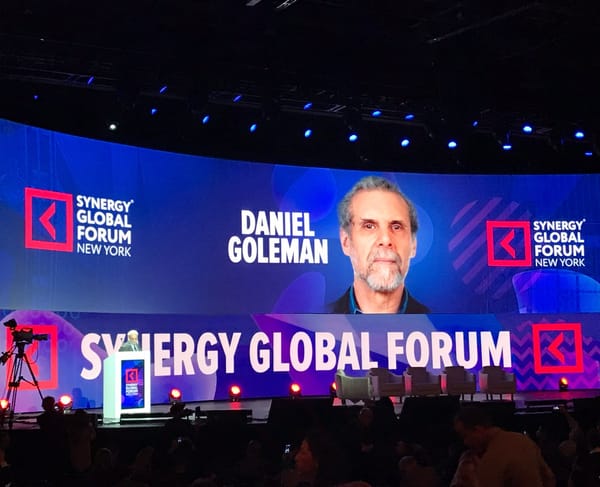Interviews and Democracy
Interviews feel a lot like democracy—far from perfect, but we don’t know anything better yet.
The fact that people must prepare for the interview process rather than for the actual work they’ll perform is a clear indicator of its flaws.
Most candidates spend months preparing for a FAANG interview loop. There are books and courses designed to make you a better interviewee, but they rarely translate into stronger job performance. In essence, this process trains candidates to excel in a controlled interview setting, which is quite different from a real, hectic work environment.
Amazon (and many others emulating this approach) relies on behavioral questions about past actions, assuming that past behavior is a fair indicator of future performance. While this is not a bad approach, it is easy to game without trustworthy data to validate it.
Moreover, Amazon employs two additional methods to enhance hiring decisions. First, they don’t hire a candidate unless they outperform 50% of current employees. Subjective, perhaps, but effective at avoiding merely “just good” hires and raising the overall team bar over time.
Second, the use of a hiring bar raiser in an interview loop. An interview loop is much more effective than a one-shot interview. It reduces interviewer bias and provides a more holistic view of the candidate. However, even a group interview is not immune to bias, making it crucial to include a well-prepared, trusted, experienced, and fairly independent bar raiser (someone outside the hiring manager’s org) to guide the decision.
Internships offer a more effective hiring model since they allow you to observe candidates performing actual work. But this is impractical for senior roles.
A potential alternative is tracking real-world performance data, much like in sports. You don’t need to interview Lionel Messi to know he’s good and raises the bar. His performance data is public, so you don’t need to ask “Tell me about a time when you had to take a penalty in an important tournament”.
However, while such data could enable a data-driven decision focused on a candidate’s real-world performance and potential, it raises valid concerns about privacy and confidentiality.
Until we find a reliable way to predict long-term performance before hiring, structured interview loops remain our best tool.

